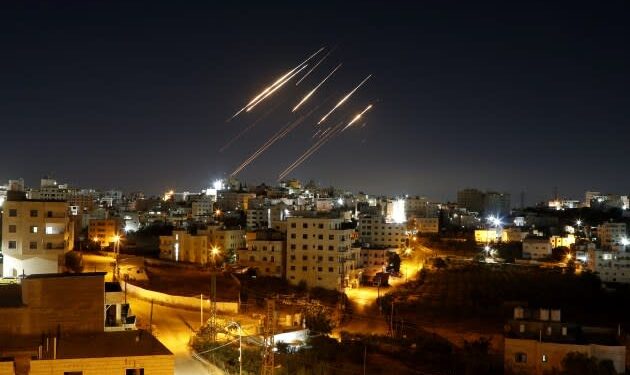A new episode of military tensions took place at dawn on Saturday June 21 between Iran and Israel. The two countries exchanged strikes, a few hours after Tehran reaffirmed his refusal of any negotiation “under the threat” about his nuclear program. A statement that comes as Europeans are still trying to preserve a thin diplomatic channel.
According to the Iranian news agency Fars, Israeli forces have targeted a nuclear site in Ispahan, the center of the country. Iranian authorities quickly assured that no radioactive flight or nuclear security damage had been noted. Iranian media also pointed out another strike in the holy city of Qom.
In a rare admission, the Israeli army has claimed several targeted strikes against ballistic missile infrastructure and armament warehouses in Iranian territory. She also announced the death of two senior military officials of the Al-Quds force, the unity of the revolution guards responsible for external operations.
The Iranian response was quick. Around 2:30 am (local time), a salvo of missiles was launched towards Israeli territory, triggering alert sirens in Tel Aviv and in several occupied West Bank areas. Explosions have been heard in the sky of the Israeli capital, where several missiles were intercepted.
Israeli authorities have said that five ballistic missiles had been drawn from Iran, without making victims. However, debris from an intercepted missile caused a fire in a Tel Aviv residential building.
This new rise in tensions is involved against a diplomatic blocking background around the Iranian nuclear dossier and an explosive regional situation, in which each strike and counter-fitch accentuates the risk of an open conflict. For the time being, neither Iran nor Israel are showing signs of appeasement, despite calls for restraint launched by several European chancelleries.








